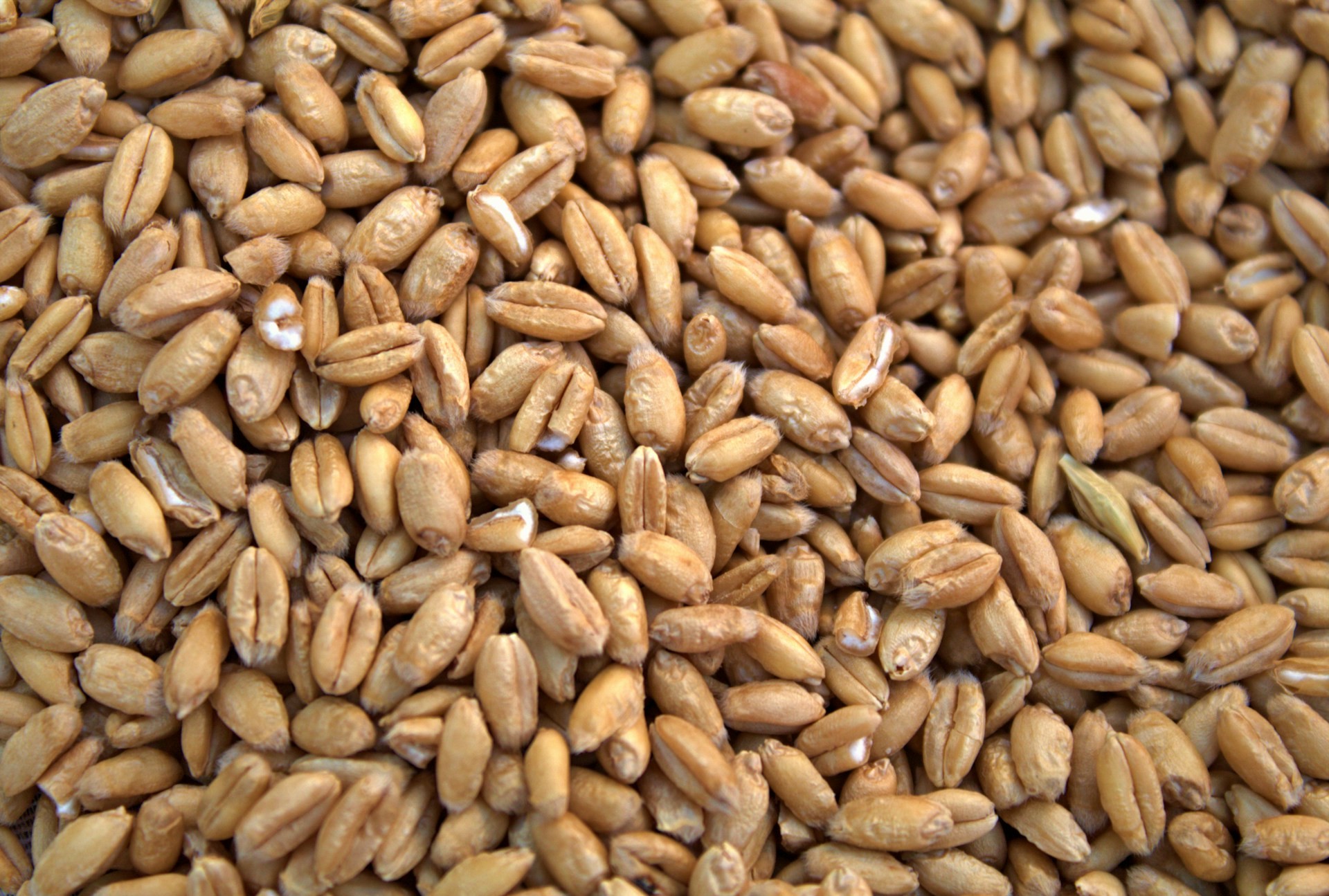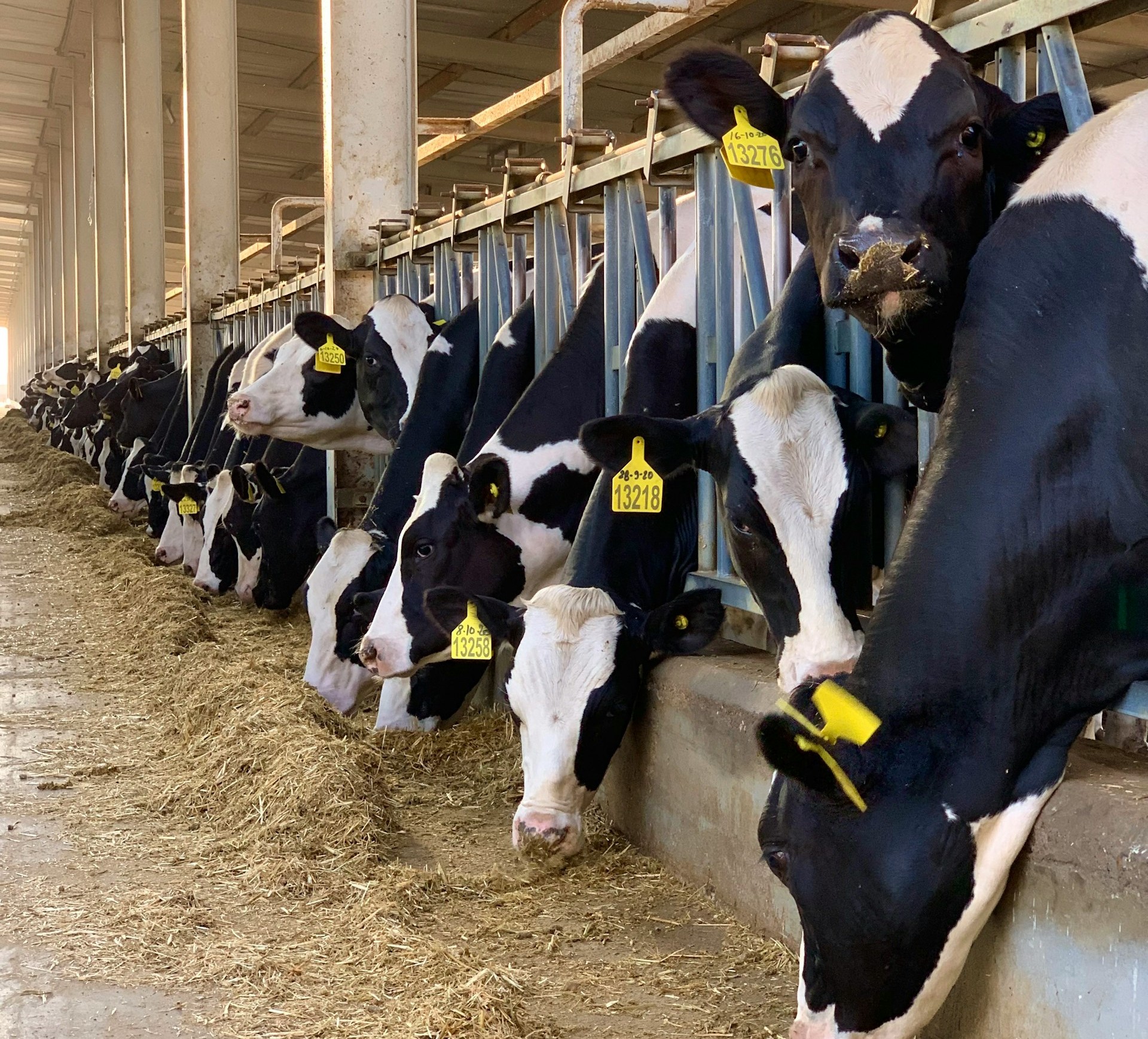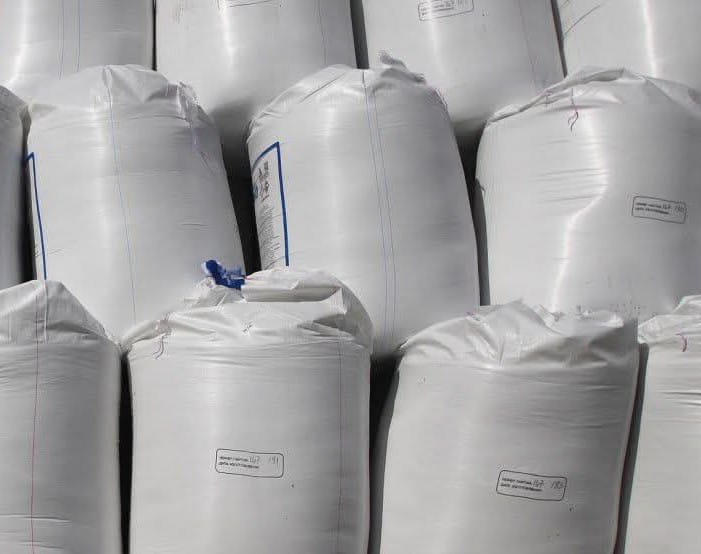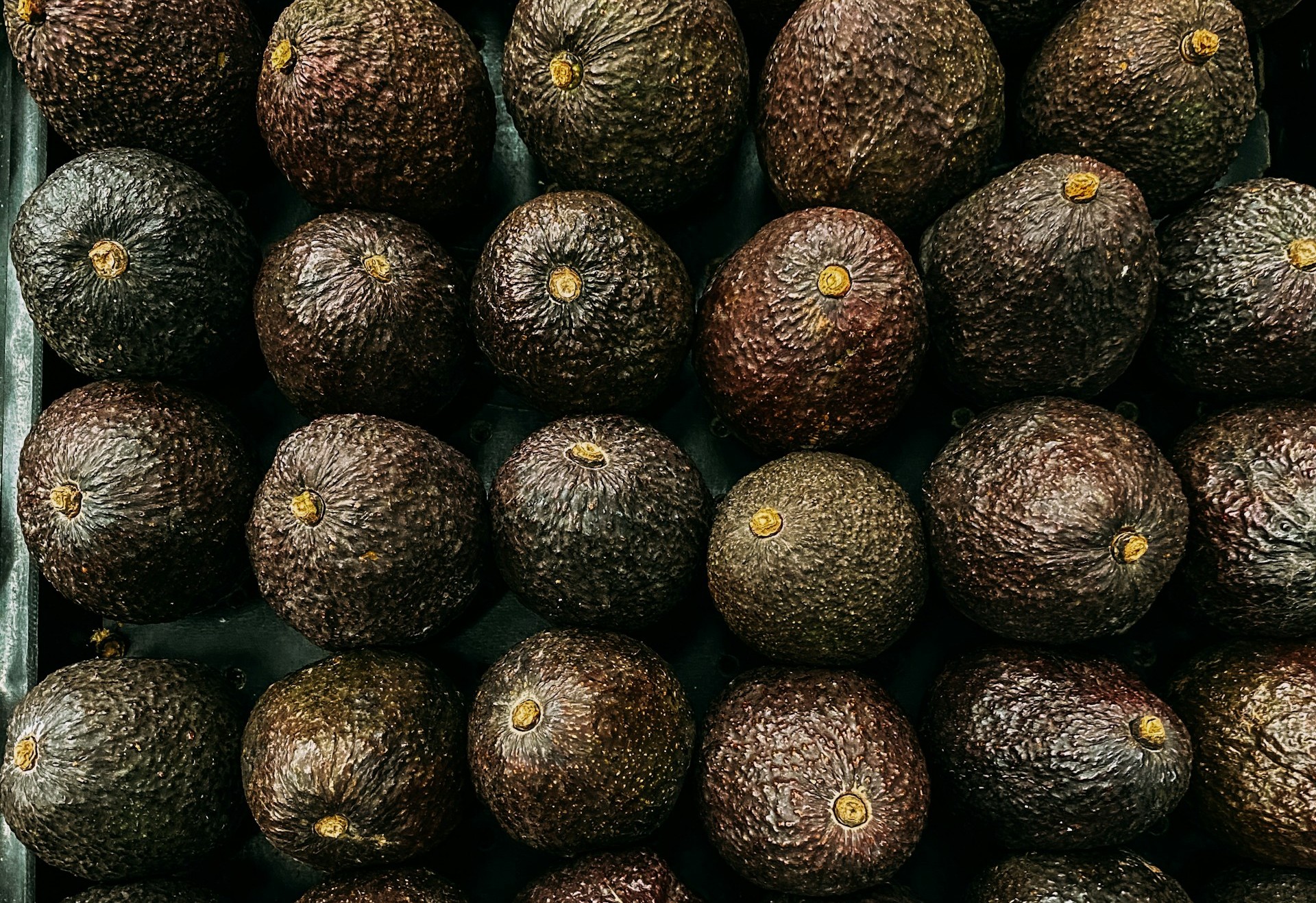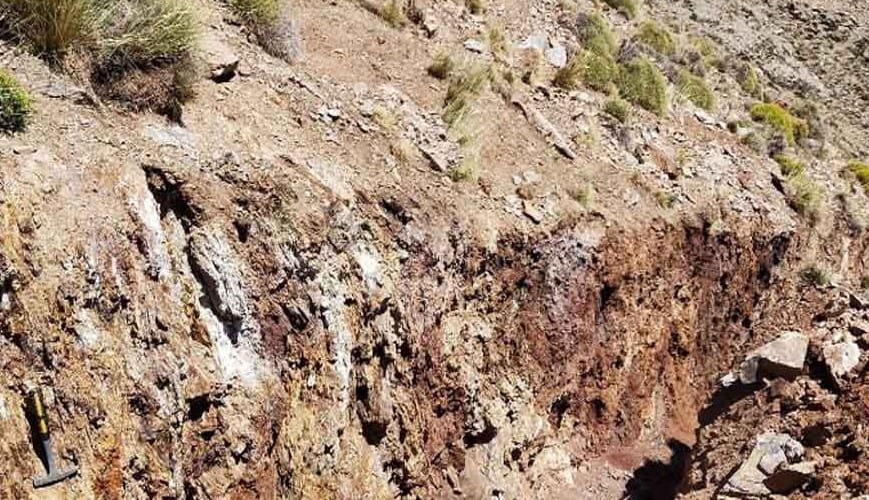Casablanca – OCP Africa, a subsidiary of Morocco’s OCP Group, has entered into a groundbreaking partnership with Niger’s Ministry of Agriculture and Livestock, backed by the World Bank, to revolutionize the country’s agricultural value chains. The agreement, signed during a ceremony in Niamey, underscores a shared commitment to sustainable agricultural development and improved soil health across Niger.
A strategic vision for sustainable agriculture
The Memorandum of Understanding (MoU) builds on the OCP Group’s agreement with the World Bank signed at the Marrakech Annual Meetings in October 2023. It introduces innovative and inclusive initiatives aimed at empowering Niger’s smallholder farmers, who form the backbone of the country’s agricultural sector.
“This partnership reflects our dedication to promoting sustainable farming practices, ensuring food security, and fostering the development of healthy, fertile soils in Niger,” said Dr. Mohamed Anouar Jamali, Managing Director of OCP Africa. He emphasized the transformative potential of collaboration and innovation in reshaping the agricultural landscape.
Key pillars of the agreement
The partnership focuses on six transformative initiatives designed to sustainably modernize Niger’s agricultural sector:
- Soil mapping and fertilization models: Advanced soil health strategies will ensure tailored approaches to improve fertility.
- Agricultural service centers: Farmers will gain access to quality inputs, mechanization tools, irrigation systems, financing solutions, and market opportunities through newly established centers.
- Customized fertilizers: Tailored fertilizer solutions will meet the specific needs of Niger’s diverse soils and crops.
- Youth and women empowerment: Training, incubation, and startup acceleration programs will promote entrepreneurship in agri-tech, with a focus on young people and women.
- Capacity building: In partnership with Mohammed VI Polytechnic University (UM6P), the initiative will enhance the technical and operational skills of agro-distributors and support national research and development institutions.
- Demonstration projects: Hundreds of plots will be developed to showcase sustainable agricultural practices, encouraging adoption at scale.
From plans to action
As part of the agreement, 230 demonstration plots will be established in collaboration with Niger’s National Agricultural Research Institute (INRAN) and other local partners. These plots will focus on irrigated crops such as rice, onions, tomatoes, and peppers.
By the 2025 winter season, an additional 400 plots dedicated to rainfed crops—including millet, cowpea, and rice—will be created. In total, 630 plots will serve as testing grounds for sustainable practices, setting the stage for widespread adoption.
“This collaboration integrates research, innovation, and practical solutions to drive sustainable growth in Niger’s agricultural sector,” said Ousmane Elhadj Mahaman, Niger’s Minister of Agriculture and Livestock. He highlighted UM6P’s role in supporting local capacities and advancing modern, sustainable farming techniques.
A model for public-private partnerships
The partnership marks a significant step toward achieving long-term sustainability in Niger’s agricultural sector. OCP Africa aims to create a replicable model of public-private collaboration that strengthens food security, empowers communities, and promotes economic growth across Africa.
“This agreement is a testament to the power of partnership and shared vision,” said Dr. Jamali. “By combining expertise, resources, and innovation, we are paving the way for a resilient and prosperous agricultural future in Niger and beyond.”
A shared commitment to Africa’s future
OCP Africa reiterated its mission to support long-term agricultural growth across the continent. Through this collaboration with Niger, the organization seeks to set new standards in sustainable farming, ensuring resilience and prosperity for smallholder farmers while safeguarding the environment for generations to come.


